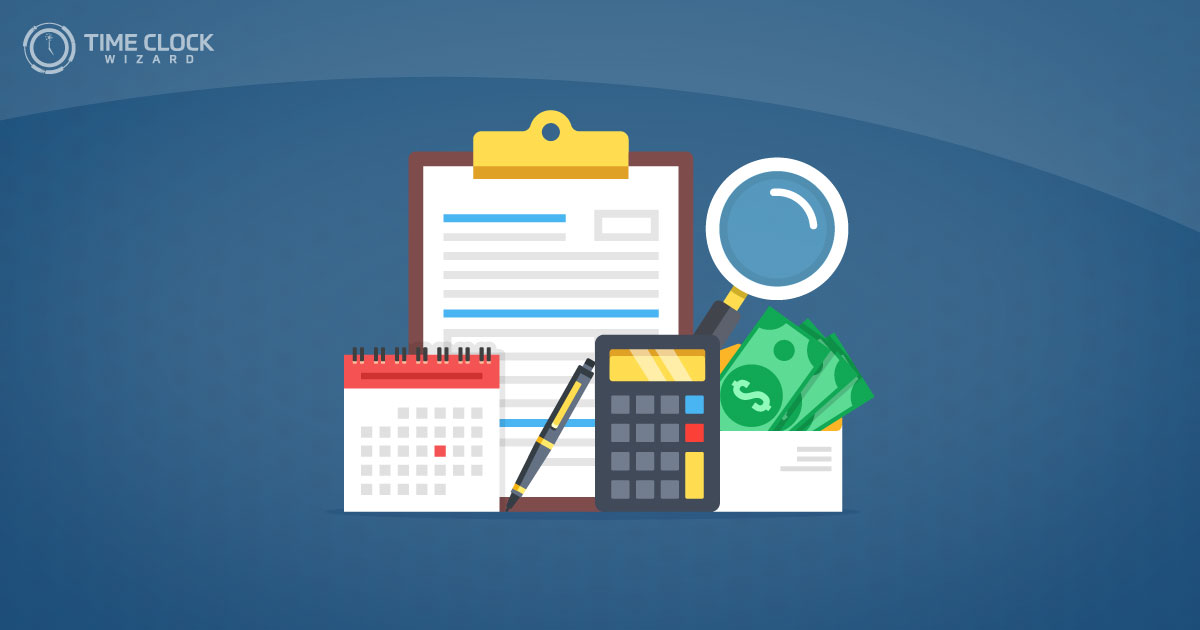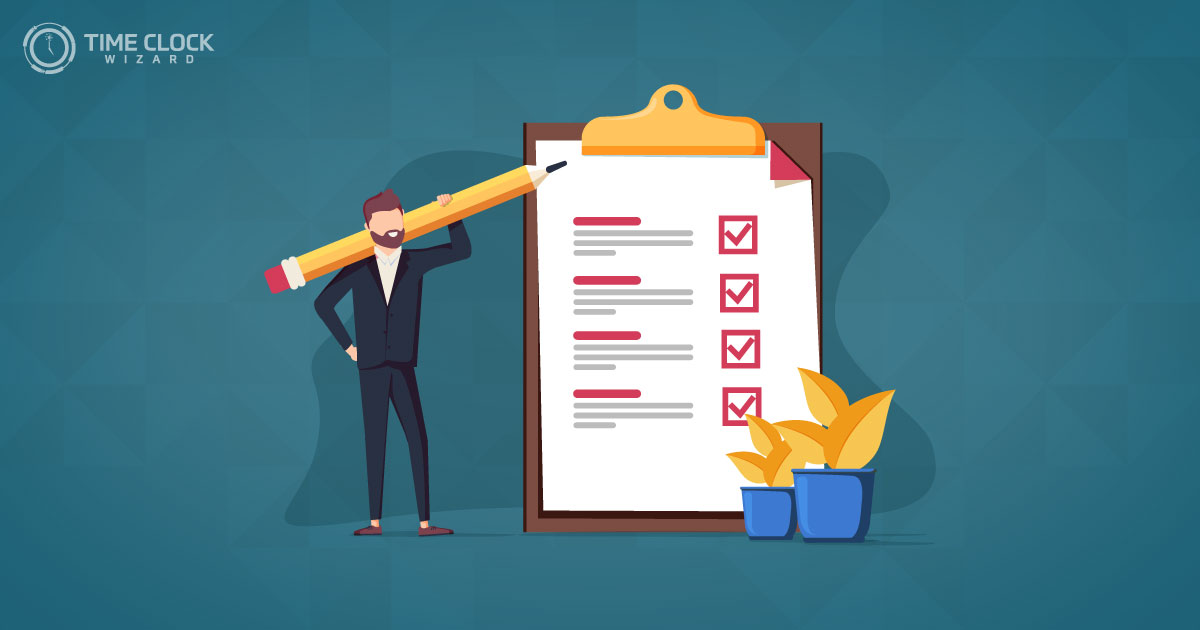
When the end of the month feels like a marathon finish line, a payroll advance can appear like a refreshing oasis. But is it really a smooth run toward financial relief, or does it have hurdles you might not see coming? Understanding the full scope of how a payroll advance impacts your wallet and well-being is crucial. In this article, we’ll delve into the pros and cons, equipping you with the knowledge to make informed decisions. 💡
A payroll advance can be a great tool in managing unexpected expenses or bridging a short-term financial gap. Who doesn’t want a safety net when life throws a curveball? On the flip side, it’s essential to consider potential drawbacks before diving in. Could there be hidden costs or long-term consequences that outweigh the immediate benefits? Let’s unpack the advantages and possible pitfalls to see if a payroll advance truly serves your financial health.
Understanding Payroll Advance: What Is It Exactly?
A payroll advance, sometimes referred to as a salary advance, is a financial arrangement where employees can access a portion of their earned wages before their regular payday. Have you ever found yourself needing cash a bit earlier than expected? That’s where a Payroll Advance steps in, offering a solution that both supports and enhances financial flexibility for employees.
This financial service is typically provided by employers as a benefit to help workers manage unexpected expenses without having to endure the high interest rates associated with traditional payday loans. It operates under a simple premise: instead of waiting for the scheduled payday, employees can request an advance on the wages they’ve already earned during the current pay cycle.
Why is this service considered beneficial by many? It offers immediate relief from financial stress, empowering employees to handle their finances proactively. However, it’s not just a quick fix. Understanding its proper use is key to truly benefit from it without falling into a cycle of dependency. How might this affect your current financial strategy? It’s important to consider this before opting for an advance.
Moreover, not all payroll advance programs are created equal. They vary depending on employer policies and the terms of the service provided, which could include minimal fees or certain eligibility criteria. Getting familiar with these details will help you make an informed decision on whether a payroll advance is the right choice for your immediate financial needs.

The Benefits of Payroll Advance for Employees
Have you ever found yourself in a pinch before payday? Payroll advance can be a lifesaver. This financial facility allows employees to access a portion of their earned wages before their regular payday. It’s delivered via a simple process tied with the employer’s payroll system. But why is this option growing in popularity among employees?
Firstly, payroll advance helps to alleviate financial stress. Imagine the relief when unexpected expenses crop up; medical bills, school fees, or that car repair that can’t wait until the end of the month. With access to a payroll advance, employees can tackle these without the dread of high-interest rates that come with traditional loans or credit cards.
Moreover, it fosters a sense of financial empowerment. Employees feel in control of their finances and less dependent on external borrowing. Isn’t it great to have a financial safety net embedded within your job’s benefits? This feeling of security can enhance job satisfaction and loyalty, making payroll advance a win-win feature in the employee benefits package.
Speed and Convenience
Another fantastic benefit? The speed and convenience of accessing funds. When financial emergencies strike, time is often of the essence. The ability to quickly request and receive payroll advance through user-friendly apps or payroll systems mitigates the potential for financial disasters. This accessibility is crucial for maintaining stability during life’s unexpected moments.
In conclusion, payroll advance programs are more than just a perk; they’re a strategic tool for financial wellness. By offering this feature, employers not only aid in immediate financial relief but also contribute positively to the overall economic health of their employees. What’s better than an employer who supports you not just professionally, but financially too?
Potential Drawbacks of Using Payroll Advance
While payroll advances offer a quick fix by providing immediate funds, it’s crucial for employees to understand the possible drawbacks associated with them. Have you ever considered the potential pitfalls that might counterbalance the immediate relief that comes with a payroll advance?
One of the primary concerns is the risk of falling into a cycle of debt. When employees take an advance on their wages, they receive less money in their subsequent paycheck. This might cause some to repeatedly opt for advances, creating a continuous loop of early payments followed by shortages. Furthermore, dependency on these advances can lead to poor financial planning skills, as immediate access to funds might deter the development of essential saving habits.
Another salient issue is the possibility of fees associated with payroll advances. Although not all companies charge fees, some might impose additional costs, which can add up over time. Did you know that even small fees can significantly reduce the actual earnings of an employee in the long run? Moreover, not fully understanding the terms and conditions tied to payroll advance systems can lead to unexpected financial obligations, increasing stress rather than alleviating it.
Finally, over-reliance on payroll advances might suggest underlying financial difficulties that require attention. It’s important for employees to assess their financial situation and seek advice or counseling if they find themselves frequently needing these advances. This proactive approach can help in building a more stable financial future, free from the need for frequent cash influxes before payday.

How Payroll Advance Affects Employee Financial Health
Understanding how payroll advances impact employee financial health is crucial when considering this monetary option. When employees face unexpected financial needs, payroll advances can seem like a lifeline. But what are the long-term effects? Can accessing wages early actually lead to better financial stability, or does it risk leading employees into a cycle of debt?
Immediate Relief vs. Potential Debt Cycle
A payroll advance offers immediate financial relief by providing access to earned wages before the scheduled payday. This can be especially beneficial in emergencies, such as unexpected medical bills or urgent car repairs. However, it’s essential to ask: does this immediate access encourage employees to spend more recklessly, knowing they can dip into their future earnings?
On the flip side, this convenience could potentially lead to a cycle of debt. If employees frequently use advances, they might find themselves perpetually playing catch-up with their finances. Each advance might make the next pay period more difficult, especially if they’re not budgeting effectively or if unexpected costs continue to arise.
Building Financial Literacy and Planning
To mitigate the risks associated with payroll advances, both employers and employees should prioritize financial education. With proper planning and budgeting skills, employees can manage their finances more effectively, utilizing payroll advances as a helpful tool rather than a crutch. Have you considered how a well-structured financial planning session could change the way you view your paycheck?
Comparing Payroll Advance to Other Financial Solutions
When it comes to managing finances, employees often explore various financial solutions to find which best caters to their immediate needs. But how does Payroll Advance stack up against other financial options like personal loans, credit cards, or payday loans? Let’s delve into why Payroll Advance might be a more appealing choice.
Unlike traditional loans or credit cards that often come with lengthy processes or high interest rates, Payroll Advances offer a straightforward and typically lower-cost solution for emergency cash. Isn’t it great to avoid that extra financial burden when you’re already in a pinch? Payroll Advance systems generally require less paperwork and provide quicker access to funds, which is crucial when unexpected expenses arise.
On the other hand, payday loans may seem similar to Payroll Advances but carry notoriously high APRs and often lead borrowers into a damaging debt spiral. Have you ever thought about the impact of borrowing rates on your long-term financial health?
Choosing between Payroll Advance and other financial tools depends entirely on one’s personal or urgent financial needs and understanding those conditions. Making an informed decision can help maintain healthy financial stability and avoid unnecessary debt accumulation.
Common Questions
What does advance payroll mean?
Advance payroll refers to a system where an employee can receive their earned wages before the official payday. This is typically utilized to address urgent financial needs without having to wait for the standard pay cycle. The advance can either be a portion or the full amount of the anticipated pay, depending on the employer’s policy or the terms provided by payroll service providers. Advance payroll is intended to help employees manage unexpected expenses and is not meant as a regular alternative to the traditional payable schedule.
Can I process payroll in advance?
Processing payroll in advance is feasible and may be practiced under certain circumstances, such as preparing for long holidays or company shutdowns. Companies may choose to run their payroll systems in advance to ensure employees are paid on time despite any forthcoming non-working days. This can aid in effective financial planning for both the company and its employees. However, executing payroll in advance requires careful planning to adhere to legal and tax obligations, ensuring accuracies in wage calculations and deductions.
Can I ask for my paycheck in advance?
Asking for your paycheck in advance is an option available in many workplaces, especially when you find yourself in a financial bind. It’s important to first check if your employer has a policy regarding paycheck advances. Some businesses have formal procedures in place for these requests, while others may handle them on a case-by-case basis. Generally, you’ll need to submit a request detailing why you need the advance and how much you need, which your employer will consider based on their policies and your employment circumstances.
Implementing Payroll Advance: Best Practices for Employers
When it comes to implementing a payroll advance system, there are several best practices that employers should consider to ensure it benefits both the company and its employees. Payroll advance can be a fantastic way to offer immediate financial assistance to employees, but how can you implement it effectively without disrupting your business’s payroll operations?
Clear Communication and Policies
First and foremost, transparency is key. Establish clear guidelines about how and when employees can request a payroll advance. This includes setting limits on the amount that can be advanced and the frequency of such requests. It’s essential to communicate these policies openly to avoid any misunderstandings or misuse of the system.
Integrate with Payroll Systems
Integrating the advance system directly with your payroll solutions ensures a smoother transaction process. Automation can help manage requests more efficiently and ensures that advances are deducted correctly during the next payroll cycle. Doesn’t this sound like a way to streamline operations and reduce administrative burden?
Employee Eligibility Criteria
It’s also wise to define eligibility criteria for who can request a payroll advance. Consider factors such as tenure, employment status, and past payroll advance history. Establishing these criteria helps in maintaining fairness and transparency within the company. By doing so, you ensure that the process is used responsibly and can truly benefit those in immediate financial need.
Final Thoughts: Exploring Payroll Advance: Pros and Cons for Employees
As we wrap up our exploration of Payroll Advance, it’s clear that this financial tool offers substantial benefits but isn’t without its challenges. From providing quick access to earned wages to potentially influencing financial habits, the impact on employees is significant. Are you now clearer on how Payroll Advance could fit into your financial toolkit or possibly affect your fiscal health?
Whether you’re an employee considering this option, or an employer thinking about offering it, weighing the advantages against the potential drawbacks is crucial. Remember, the best financial decisions are those that are well-informed. If Payroll Advance seems right for you or your organization, consider discussing it with a financial expert to pave the way for a smoother implementation. Stay proactive, stay informed! 🌟





